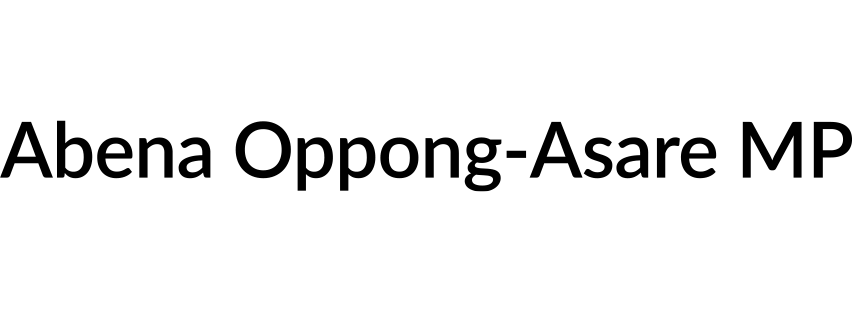Abena’s visit to Nepal
At the end of May, I visited Nepal with WaterAid UK and the Coalition for Global Prosperity to see the impact of development projects supporting access to clean water.
It was wonderful to be able to visit the beautiful country of Nepal and meet so many people doing life-saving and transformational work. Visiting some of the programmes that WaterAid is undertaking illuminated the extent of the hardship and poverty that so many in Nepal are facing. It also showed the amazing progress that has been made.
Poor access to Water, Sanitation, and Hygiene (WASH) presents some serious challenges to vulnerable communities in Nepal. These include the proliferation of water-borne illness, poor sanitation, and restrictions on the opportunities afforded to citizens.
What I found particularly worrying was that these issues disproportionately affect women and young girls. A lack of sanitation has been related to a disproportionately smaller number of girls attending schools, particularly affecting those on their menstrual cycles.
For instance, only 39% of schools have separate, female-friendly toilets, meaning many young girls are left without a safe space to clean themselves and manage the difficulties associated with menstruation. This can discourage girls from attending school altogether, through fear of judgment, embarrassment and even harassment.
It is therefore great to see the outstanding progress that WaterAid have made with their WASH programmes. Citizens in these areas have experienced vastly improved quality of life, with improved access to safe water, better toilets, and improved hygiene.
Young girls have been offered safe spaces, which has succeeded in breaking down some of the barriers that might stop them from receiving an equal education to their male counterparts. It’s a really promising story that I am keen to see continue.

